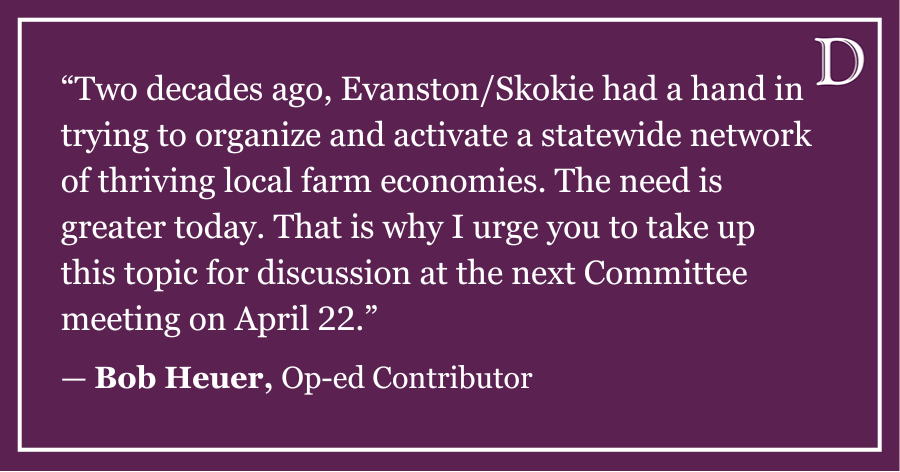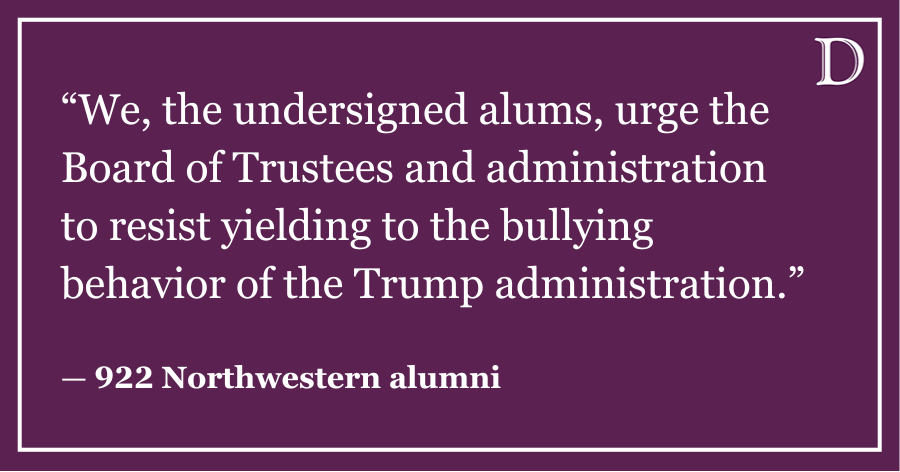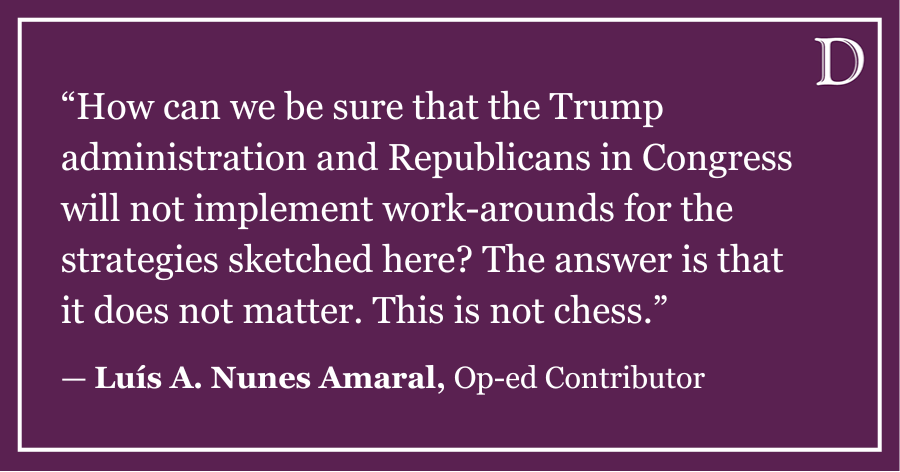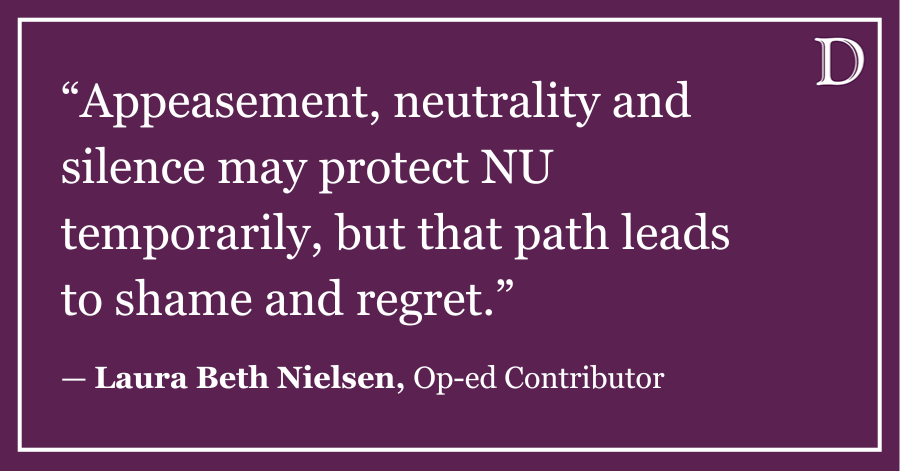Fun fact, off-campus students: “brothel law” might be something of a misnomer. The law’s origins are murky (or at least they are murky to me), but when the argument came up at a city council meeting last year, one person in attendance said the law originated to limit unlicensed boarding houses, which were composed mainly of black residents. But whether the law’s basis is racist, misogynistic, or simply a bit arbitrary is neither here nor there, since the city thinks it still deserves to remain on the books.
The law says that groups of three or more unrelated individuals do not meet the city’s definition of a “family,” and therefore cannot live in a single dwelling unit, a designation determined by the number of bathrooms and entrances. The city cites safety issues as the reason for its future implementation of the law, as well as for current investigations into other violations.
I have yet to figure out why such safety issues are irrelevant if the occupants are related. I recommend students and landlords who are in violation ask the city this question, as well as several others.
The thing is though, those conversations will have to be calm, rational and respectful. It’s easy (and maybe a little fun) to paint the City of Evanston as the scary wet blanket monster, destroyer of all things glorious and joyful, but the city is also students’ main resource when it comes to solving off-campus housing issues.
Dealing with the city and all of its damn rules is one of those unpleasant truths of growing up and moving off campus, like discovering that garbage does not magically disappear.
Starting July 2012, landlords who are found in violation of the law will face steep fines, so many of next year’s off-campus students might have to face either slimmer housing options or higher rents to offset their landlords’ brothel taxes. Does this suck? Totally. But fixing the situation is going to require some collaboration with the good old City of Evanston, collaboration that includes solid arguments and calm tones of voice, both of which were few and far between at the on-campus meeting to address the issue last winter.
Vociferous finger pointing has to be coupled with substantive arguments. You may have noticed that the financial services industry, like the city council, hasn’t been getting much love lately. A New York Magazine poll of Wall Street protesters revealed that they were less than informed on the question of whether more oversight is needed to prevent a future meltdown extravaganza. This undermines their efforts and their message.
I think there are two teachable moments here. One is that targeting some generalized, metonymic villain, like “Wall Street” or “The City” makes people hesitant to take you seriously. Perhaps I should not have jumped down Evanston’s throat about the origins of the brothel law. That was hasty. I should have taken the time to cover my bases and know what I was talking about. Alas, the deadline loomed. This brings me to the second thing we can learn from Occupy Wall Street. It’s always awesome when you can know what you’re talking about. Referring to generalized corruption, greed and wrongdoing within city government and the financial sector can create lively conversation among the regulars within a local dive bar, but it cannot create actual changes.
The anger coming from students reflects a belief that they and their landlords are being specifically targeted by the city and that their lives will become more difficult as a result. Additionally, students feel that their privacy is being violated as the city currently investigates other violations. Rather than just making those accusations loudly, I’d suggest proving them.
In addressing the list of properties under investigation for non-brothel violations, Mayor Elizabeth Tisdahl raised the point that it is, in fact, the city’s responsibility to make sure that housing is safe. She has a point. Having houses up to code can be helpful in certain cases, like when they are on fire. At the same time, though, it’s worth looking into to see whether Tisdahl’s concerns seem centered on Northwestern students and their landlords. It might also be worth questioning whether a city can impose different safety regulations on buildings based on their residents’ ability to meet a certain definition of “family.”
I would encourage students to take a good look at that list of properties and see if it is truly representative of the entire city or if it seems to be stacked with residences that tend to rent to students. The city’s claim is that it is acting to protect the students. That sounds like a great theory to test. If some representative from the city is in your bushes with a flip cam, try calling the police. Then call your alderman (repeatedly if necessary) about your concerns for your privacy and safety.
Ali Elkin is a Medill senior.
She can be reached at originalgangster@u.northwestern.edu







